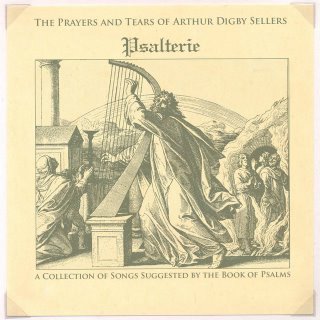No.
You have it wrong.
It's true that there are women in our ads, sometimes in provocative dress or poses-don't nod your head-let me finish.
We are in the business of giving people new worlds.
It's not Hollywood, or books, or video games.
We are the dreamers.
We provide a world of purity, hope, love, passion, simplicity, and peace.
Real peace-note that.
When someone watches a show or a film, no matter how good it looks, they will never suspend their disbelief completely.
But for us they will.
Because we offer the future.
A story can only describe a life of peace, we can show you what it looks like and how to arrive there.
No.
You’ve got it all wrong.
The women are only one small piece.
We offer a whole world of perfection to people.
Besides, this is the only hope left.
People can’t look to god for a world of peace and perfection,
He’s been dead for almost two hundred years now.
But Nietzsche was wrong, we didn’t bury him.
Now’s he’s part of us.
He’s part of the hope we give people.
We might only have his carcass, but most people never checked anyway.
Our hope is unconditional, his wasn’t.
We can offer the infinite, the otherworldly, without restriction.
Salvation for everyone.
Anyway, he helps us now.
Especially with those who are afraid of science.
Science.
That’s dead too.
They promised what they could never produce:
Justice, comfort, equality, morality.
Some people still cling to it.
But its no better off than god.
The people need a hope now.
Not tomorrow.
They need a hope they can taste, love, drive, and even throw away.
Science is too impersonal, distant, and alien to our hearts.
No.
Science failed man too.
That’s why we go on.
To fill that horror of recognition that cripples people when the learn where they live.
We don’t give them sex.
We give them everything they know sex should be: eternal, unblemished, pure, unhindered; profoundly personal, yet ubiquitous and self-serving.
This is the heaven that science couldn’t build and god wouldn’t give.
Every child is born knowing that the sky should be a richer blue than it is, sorrow should always be temporary and cured with humor, that people never die nor animals, nor moments; that jobs shouldn’t define us or consume our youth.
All these things, and more, we give people.
Our ads hold infinite possibilities of peace.
But unlike science and god, people can actualize the hope we give them now.
Yes, it costs.
But that’s why it is hope.
Costs mean value; and value, finiteness; and finiteness, uniqueness; and uniqueness validates the individual.
What?
Yes, they eventually all become disenchanted with what they buy.
A detergent that offers pure, vibrant colors—along with true happiness in marriage—is found to be no better than the last brand.
But it never lasts.
Soon they forget and their faith in us returns.
Because they know, all of them, that they need our promise, they miss the infinitely wonderful and only we can fill them.
So, to answer your question,
No.
We don’t exploit women in our ads.
We provide the only living hope of infinite possibility and consumable actuality.
This is the greatest service to mankind, and an everlasting hope.


